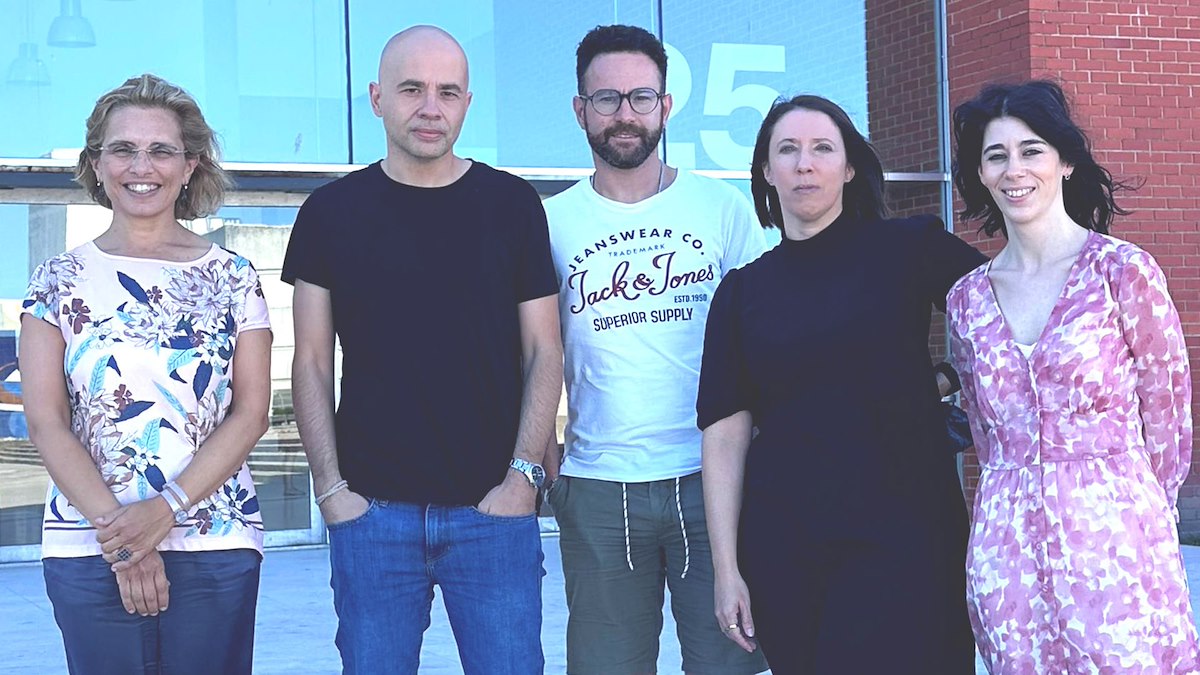A group of researchers from Universidade de Aveiro (UAveiro) has developed a system that manages information for autonomous and connected vehicles (CAVs). The system developed analyzes traffic conditions in real time based on a wide range of data, allowing critical vulnerability situations to be identified and the driving behavior of CAVs to be optimized. UAveiro has applied for international registration of the patent.
The technology developed promises to bring significant benefits in a number of areas, most notably improving air quality by reducing pollutant emissions. Optimizing traffic flows is also a crucial point, as it will allow for more efficient and less congested movement in cities, as well as helping to reduce noise pollution, resulting in quieter and more liveable urban environments. Road safety is another important factor that could be impacted by this technology. With the growing presence of autonomous and connected vehicles on the roads, human intervention in driving tends to decrease, which can significantly reduce inappropriate behavior behind the wheel, one of the main causes of accidents. The system developed aims to mitigate these risks by promoting a more sustainable and safer road flow, helping to reduce road accidents.
This multidisciplinary research group, with members from the Centre for Mechanical Technology and Automation (TEMA) and the Centre for Environmental and Marine Studies (CESAM), is made up of Jorge Bandeira, who is in charge of the project, Eloisa Macedo, Paulo Fernandes, Margarida Coelho and Sandra Rafael. The researchers point out that this technology has considerable potential to transform the future of urban mobility. The possibility of creating smarter, more sustainable cities is real and this information management system for CAVs can play a key role in that process.
Given the global potential of this technology to improve road safety and the benefits it can bring to the environmental performance of the automotive network, it has been presented at specific conferences on the subject, national and international companies, and public entities, and has already aroused interest in organizations in the sector.
In order to guarantee the protection of intellectual property rights, this technology has been the subject of a provisional national patent application, and international protection has been advanced via the Patent Cooperation Treaty (PCT), which will allow for extended protection of the technology in different territories in the future.
Text from the news on the UA website, in https://www.ua.pt/en/noticias/9/88093
